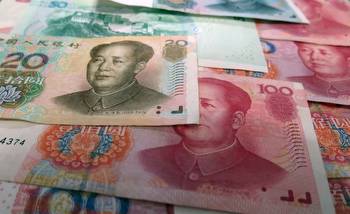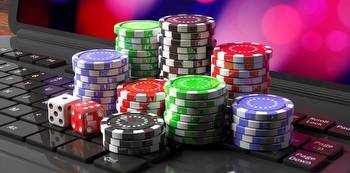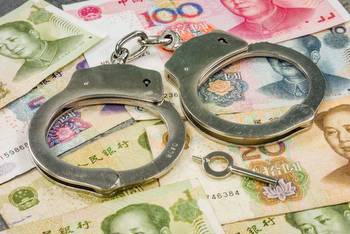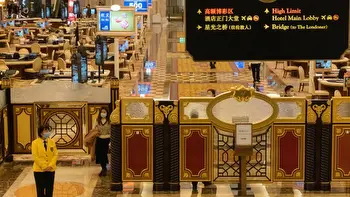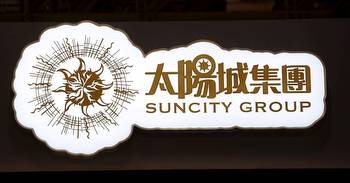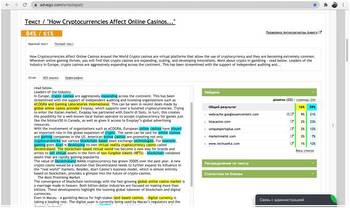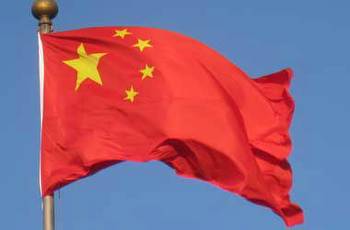Macau’s high-rolling casino industry faces a digital currency threat

The island-nation of Macau is inching closer to the launch of its state-backed digital currency as it looks to shed off money launderers and fraudsters from the casinos and gambling dens that dot the city, as per a report today on Bloomberg.
Macau turns to digital currency
Dubbed the ‘Vegas of the East,’ Macau sees billions of dollars flow through its high-profile casinos and gambling junkets—businesses that act as middlemen for Chinese high-rollers who make up half the city’s gambling revenue—each month.
Such high-stakes gambling dens are, however, notorious for money laundering, tax evasion, and allegedly playing a role in terrorism financing.
And for the government, a digital currency could help combat that. “The government will work with China’s central bank to study the feasibility of issuing a digital currency,” said Macau chief executive Ho Iat Seng.
He added the government planned to amend laws to regulate the issuance of a digital currency, but said no formal plans had been discussed regarding the rollout of a digital currency.
As CryptoSlate reported previously, several Macau casino operators had already been approached in December by local regulators to discuss the feasibility of a digital currency to purchase casino chips, instead of cash or fiat.
This could, theoretically, mark every transaction on a ledger that is accessible to regulators, individuals, and banks, alike, helping cull the chance of laundering money or underreporting purchases.
Impacts on casinos
Casino industry watchers say they need more details to evaluate the impact of the potential launch of a digital yuan in Macau’s multi-billion dollar gambling industry.
An earlier note by Sanford C. Bernstein analysts concluded that using digital currencies could entirely erase the junket system and potentially cause irreversible monetary losses for the industry.
However, they added that the move could be a net positive in the very long run, as a digital currency would become one of the options that offer easier access to money in the city.
At press time, it is not known if Macau’s digital currency would use a public blockchain (or a blockchain at all) or be different from China’s ‘digital yuan’ (Macau uses the pataca, not Chinese yuan).









